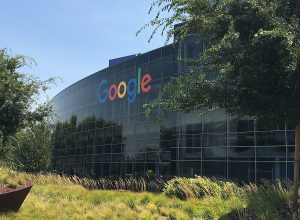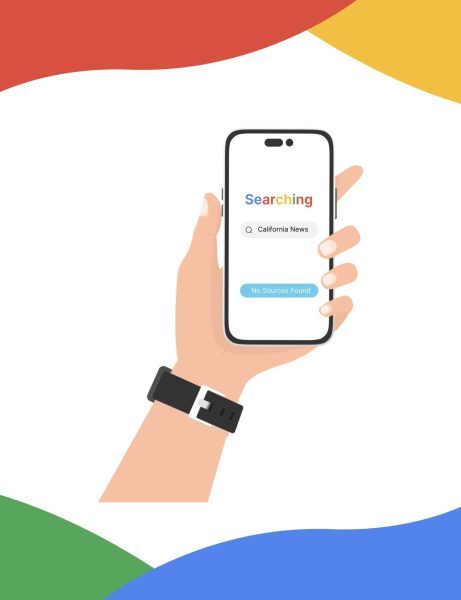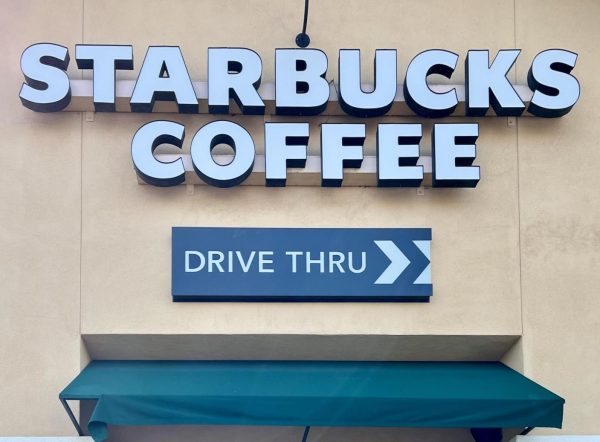The U.S. Government Sues Google
Google logo
October 23, 2020
On October 20, the United States Justice Department sued Google, which has brought the largest antitrust case against a technology company in over two decades. The U.S. government along with 11 state governments (Arkansas, Florida, Georgia, Indiana, Kentucky, Louisiana, Mississippi, Missouri, Montana, South Carolina, and Texas) accuses the Google company of building a monopoly that has attempted to prevent competition among other companies. According to the Department of Justice Suit, “Google became the darling of Silicon Valley as a scrappy start-up with an innovative way to search the emerging internet. That Google is long gone. The Google of today is a monopoly gatekeeper for the internet, and one of the wealthiest companies on the planet.”

To clarify, a monopoly is a company with exclusive ownership through legal privilege, command of supply, or concerted action. Google, which can be described as a monopoly, has a “market value of $1 trillion and annual revenue exceeding $160 billion” said the Department of Justice.
Over the past few decades, Google has certainly become the default search engine for most people when it comes to researching or searching a question up. It is oftentimes rare to see an individual use Bing’s search engine or Yahoo’s search engine.
Mr. Flores, a teacher here at ERHS, claims that he has “always been a Microsoft Office person . . . Since the COVID-19 and with remote learning, [he] had to become more proficient in using Google.”
This lawsuit, depending on the amount being sued for, may in fact affect the teachers and students who are relying on Google for their many assignments and projects.
“Since March, I can honestly say that I do spend every day for about seven to eight hours using the Google platform,” said Mr. Flores. “I do understand the ramification of monopolies and their effect on competition (or lack of) which can give consumers less choices and force them to pay higher prices for service. I believe that creating competition among many companies can result in lower prices and lead to better products. As what happened to ATT when it was broken into smaller units and still able to stay competitive, it did benefit the consumer in the long run. I also believe this would be true for consumers of Google. For myself, I have become very proficient using the Google platform and I do like their product, but I do have a choice and I will always be an MS Office person.”












